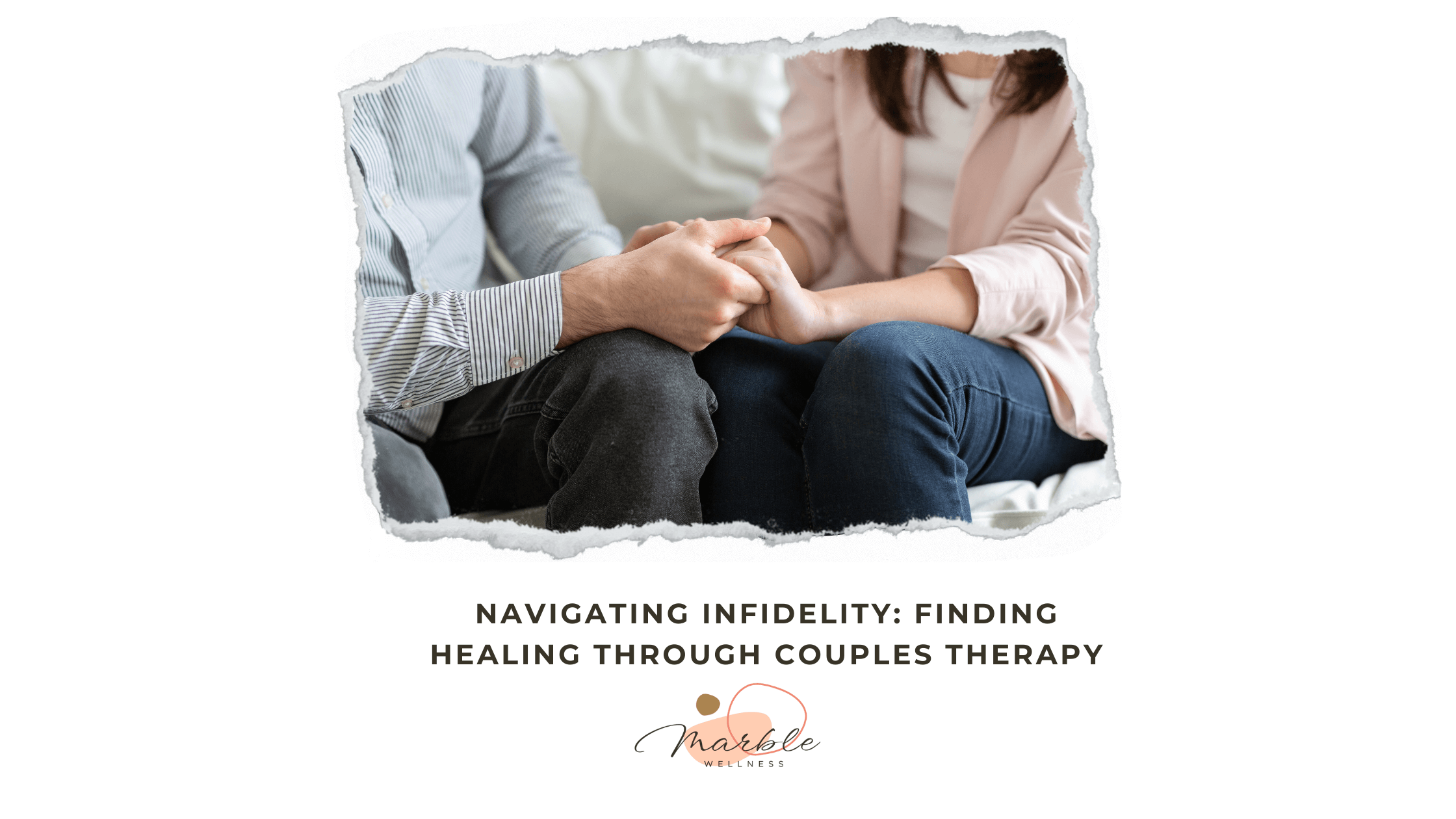
Hello there! As a licensed professional counselor, I often find myself guiding individuals through the challenging journey of grief. Today, let’s delve into the question: “What do therapists recommend for grief?” Understanding and managing grief involves a unique process for each person, and I’m here to offer insights and recommendations to help you navigate this complex emotional terrain.
1. Understanding the Grief Process
Grief is not a one-size-fits-all experience. It’s like a fingerprint – deeply personal and unique to each individual. Therapists recommend starting by understanding that grief has no rule book. Allow yourself the space to feel a range of emotions – sadness, anger, confusion – without judgment. This acknowledgment is a crucial first step.
2. Express Yourself: Talk About Your Grief
One of the most therapeutic ways to manage grief is to express it. Talk about your feelings with friends, family, or a therapist. Verbalizing your emotions can be like releasing pressure from a valve. It doesn’t make the pain disappear, but it helps in making it more manageable. It’s okay not to be okay, and it’s okay to share that with others.
3. Use Journaling as a Therapeutic Tool
If talking feels challenging, consider journaling. Writing down your thoughts and emotions can be an incredibly therapeutic process. It’s a private space where you can pour out your heart without concerns about judgment or misunderstanding. It’s a conversation with yourself, a way to make sense of the chaos within.
4. Navigating Depression in Grief
Depression often intertwines with grief, casting a shadow on daily life. Therapists recommend acknowledging and seeking support for these feelings. Depression isn’t a sign of weakness; it’s a signal that your emotional well-being needs attention. In therapy, we work together to explore coping strategies and tools to manage depressive symptoms.
5. The Role of Grief Therapy
Grief therapy is not about erasing the pain; it’s about creating a supportive space for healing. Therapists help individuals understand their grief, providing coping strategies to navigate the emotional waves. It’s a collaborative process where we work together to find meaning and create a path towards acceptance.
6. Create Rituals of Remembrance
Creating rituals can be a beautiful way to honor the memory of your loved one. Therapists often suggest incorporating activities or ceremonies that hold personal significance. Lighting a candle, visiting a special place, or participating in an annual event can be powerful ways to keep the connection alive.

7. Self-Care: A Vital Component
Taking care of yourself is not a luxury; it’s a necessity during grief. Therapists emphasize self-care as a crucial aspect of the healing process. It involves both the physical – ensuring proper rest and nutrition – and the emotional – giving yourself permission to grieve without guilt.
8. Connect with Support Groups
Feeling understood and supported is a fundamental need during grief. Therapists often recommend joining support groups where individuals share similar experiences. These groups provide a sense of belonging, reducing the isolation that grief can bring. Sharing stories and insights with others who are on a similar journey can be incredibly healing.
9. Celebrate Positive Memories
Therapists encourage the celebration of positive memories. It’s about shifting the focus from the loss to the richness of what was shared. Create a memory box, make a scrapbook, or simply spend time reminiscing about the good times. Celebrating the positive aspects of the relationship can be a powerful healing tool.

10. Set Realistic Expectations
Finally, therapists stress the importance of setting realistic expectations for the grieving process. Healing takes time, and everyone progresses at their own pace. It’s okay if some days are harder than others, and it’s okay to seek help when needed. Grief is not a linear journey; it’s a series of steps forward and occasional steps back.
In conclusion, managing grief is a unique and highly individual process. Therapists recommend a multifaceted approach, encompassing expressive communication, therapy, self-care, and connection with others. Remember, healing is not about forgetting; it’s about integrating the pain into a life that continues with meaning and purpose.
If you or someone you know is navigating the challenging terrain of grief, seeking the support of a licensed professional counselor can provide the guidance needed for a compassionate and transformative journey towards healing.
Start Therapy for Mental Health in St. Louis
If you live in St. Louis and are ready to improve your mental health, we are here to help.
Contact Us!

Additional Counseling Services at Marble Wellness in St. Louis, MO and Chicago, IL
Counseling services designed to help set you on a path of living a more fulfilled, calm, and happy life.
St. Louis
Our St. Louis team of therapists have a variety of training backgrounds and areas of expertise. We specialize in anxiety, depression, grief, chronic illness, therapy for men, couples, and maternal overwhelm. Our practice also helps new moms with various postpartum concerns, moms in the thick of parenting, and moms with teens. We can also chat from wherever you are in the state with online therapy in Missouri and online therapy in Illinois. No matter where you are in your journey, we would love to support you.
Chicago
Our Chicago team of therapists offer a wide range of mental health services to help our clients through the different challenges and hurdles in their life. In addition to anxiety, depression, grief, therapy for men, and maternal overwhelm, we are specialized in professional burnout, therapy for breakups, and love partnering with working moms.



